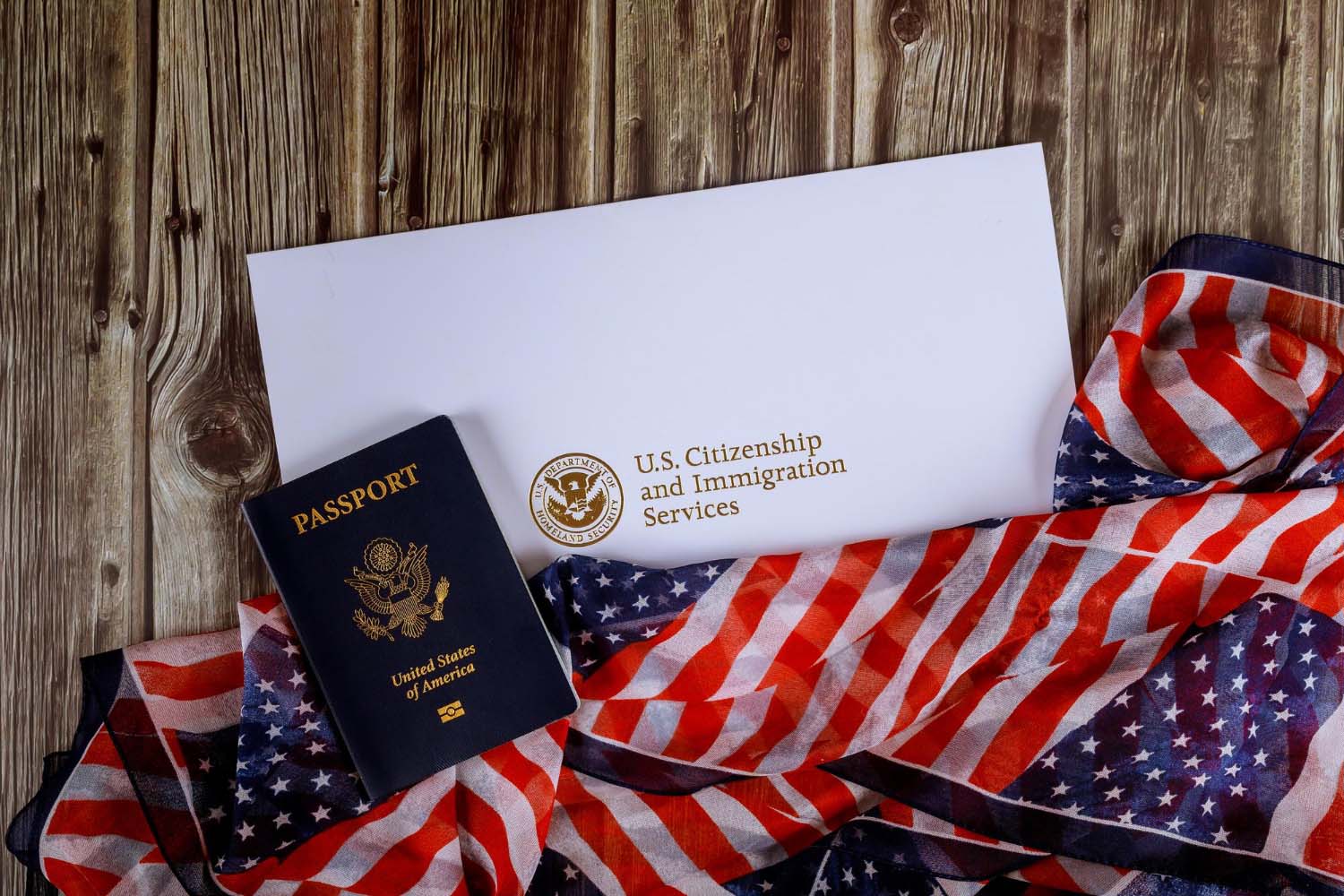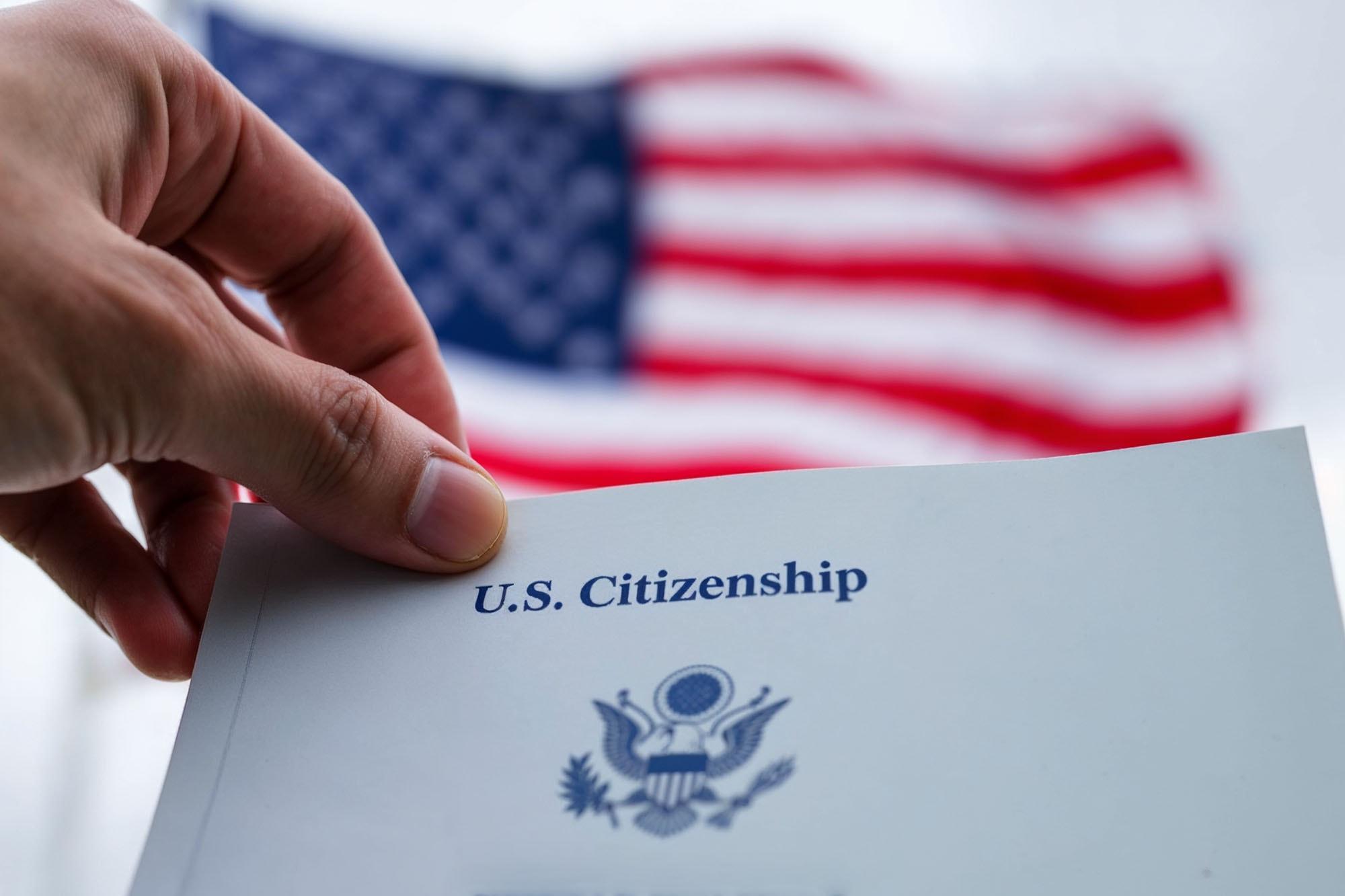The Child Citizenship Act of 2000 and the Immigration and Nationality Act were enacted to remove many of the hardships that arose under prior law. It reduced some of the bureaucratic hurdles for derivative citizenship. This comprehensive guide explores U.S. citizenship for adopted children, including derivative citizenship, the role of legal and physical custody, and the involvement of U.S. Citizenship and Immigration Services.
Overview of the Child Citizenship Act of 2000

Enacted on February 27, 2001, the Child Citizenship Act ameliorated the process for foreign-born children to acquire U.S. citizenship. This law enables children born to or adopted by a U.S. citizen parent to automatically acquire citizenship if they meet specific requirements before reaching 18 years old. With respect to international adoptions, it eases the criteria for automatic citizenship, provided the adoption is legally recognized.
To qualify under the Child Citizenship Act, the following conditions must be met:
- At least one parent must be a U.S. citizen, either by birth or naturalization.
- The child must be under 18 years old.
- The child must reside in the United States in the legal and physical custody of the U.S. citizen parent.
- The child must have lawful permanent resident status, a green card.
- For international adoptions, a final adoption decree recognized by the U.S. must be in place.
This legislation simplifies the path to citizenship for children born outside the United States to derive U.S. citizenship by virtue of a parent’s U.S. citizenship by eliminating a number of former requirements.
Understanding Derivative Citizenship
Children Born Overseas to a U.S. Citizen Parent
Derivative citizenship provides the easiest route for children of U.S. citizens to obtain U.S. citizenship. This article does not talk about derivative citizenship at the time of birth to a foreign-born child of a U.S. citizen, which is another means to derive citizenship and has different rules.
With respect to children born outside the United States who are not U.S. citizens at birth, under the Immigration and Nationality Act, a child born abroad may derive U.S.citizenship if:
- At least one parent is a U.S. citizen, either by birth or as a naturalized citizen.
- The child holds lawful permanent resident status.
- The child is under 18 and resides in the United States with a U.S. citizen parent.
- The child’s relationship to the citizen parent is legally established, such as through a final adoption or a child’s birth certificate.
Derivative citizenship applies to both adopted and biological children, offering flexibility for diverse family situations. The USCIS Policy Manual provides detailed guidance on these provisions.
Lawful Permanent Resident Status Requirements

In order to automatically derive citizenship through a USC parent, the Child Citizenship Act mandates that the child have lawful permanent resident status, evidenced by a permanent resident card, commonly known as a green card. For foreign-born children, this typically involves obtaining an immigrant visa, such as an IR-2, IR-3, or IR-4 visa, before entering the United States. Children who enter the U.S. on an IR-3 visa automatically gain U.S. citizenship upon arrival.
The process to secure lawful permanent resident status includes:
- The U.S. citizen parent files a Petition for Alien Relative (Form I-130).
- The child applies for an immigrant visa or adjustment of status.
- The child is admitted to the United States as a lawful permanent resident.
Upon lawful admission, the child may automatically acquire U.S. citizenship under the Child Citizenship Act, provided all other conditions are met. Most foreign-born adopted children gain U.S. citizenship as soon as they enter the United States under the Child Citizenship Act of 2000.
Handling Foreign Adoptions for Citizenship
International adoptions introduce unique challenges when pursuing U.S. citizenship for adopted children. The adoption must be recognized by both the foreign country and the United States. Key requirements include:
- A final adoption decree issued by the foreign court.
- A child’s birth certificate, if available, reflects the adoptive parents’ names.
- Compliance with the Hague Adoption Convention for countries that are signatories.
- Securing an immigrant visa for the adopted child.
Adopted children who enter the U.S. on an IR-4 visa must be re-adopted in the U.S. to obtain citizenship.
- A final adoption decree issued by the foreign court.
- A child’s birth certificate, if available, reflects the adoptive parents’ names.
- Compliance with the Hague Adoption Convention for countries that are signatories.
- Securing an immigrant visa for the adopted child.
In some cases, re-adoption in the United States is necessary to establish legal custody under U.S. law. The official government website of USCIS offers detailed resources for navigating international adoptions.
The Importance of Legal and Physical Custody
A key requirement for both the Child Citizenship Act and derivative citizenship is that the adopted child must be in the legal and physical custody of the U.S. citizen parent. These terms are defined as follows:
- Legal custody refers to the adoptive parent’s authority to make decisions for the child, typically established through a final adoption decree or court order. For foreign adoptions, re-adoption in the United States may be required to comply with U.S. law.
- Physical custody means the child is residing in the United States with the U.S. citizen parent. Temporary absences may not affect eligibility, but the child’s primary residence must be with the parent in the U.S.
A USCIS officer will verify custody through documents such as adoption records, court orders, or proof of U.S. residency.
How to Apply for a Certificate of Citizenship

To formally document a child’s U.S. citizenship, adoptive parents can file Form N-600 with U.S. Citizenship and Immigration Services to obtain a Certificate of Citizenship. This document serves as official proof of citizenship status and is often required for obtaining a U.S. passport. Indeed, unlike previous practice, at the time of this writing, passport offices are not accepting applications for U.S. passports for derivative citizenship absent a Certificate of Citizenship.
Documents typically required for Form N-600 include:
- The child’s birth certificate.
- Proof of the U.S. citizen parent’s citizenship, such as a passport or naturalization certificate.
- The final adoption decree.
- Evidence of lawful permanent resident status.
- Proof of legal and physical custody.
Children may need to submit a certified copy of the full adoption decree when applying for citizenship documents.
- The child’s birth certificate.
- Proof of the U.S. citizen parent’s citizenship, such as a passport or naturalization certificate.
- The final adoption decree.
- Evidence of lawful permanent resident status.
- Proof of legal and physical custody.
A USCIS officer may request additional documentation to confirm the child’s relationship to the citizen parent and compliance with immigration law. USCIS may require the applicant to appear at a local Application Support Center for photograph and signature submission.
The Immigration and Nationality Act’s Role
The Immigration and Nationality Act is the cornerstone of U.S. immigration law, governing both child citizenship and derivative citizenship. Sections such as INA 320 and INA 322 outline the conditions under which children of U.S. citizens, whether born outside the United States or adopted, can acquire U.S. citizenship. The act ensures a clear path to citizenship for eligible foreign-born children.
The USCIS Policy Manual provides further clarification, particularly for cases involving one U.S. citizen parent and one non-citizen parent or complex adoption scenarios.
Overcoming Common Obstacles
Obtaining citizenship for adopted children can present challenges, such as:
- Missing Documentation: Incomplete adoption records or a missing child’s birth certificate can delay applications. An immigration attorney can assist in obtaining or reconstructing documents.
- Custody Issues: Unclear legal custody may result in application denials. A court order clarifying custody can resolve this issue.
- Hague Convention Compliance: Non-compliance with international adoption standards can complicate immigration status. Adhering to Hague requirements is critical.
Engaging with immigration services or an attorney experienced in homeland security regulations can help address these challenges.
Securing a U.S. Passport for the Child

Once citizenship is established, adoptive parents can apply for a U.S. passport for their child, which serves as proof of citizenship and facilitates international travel. Requirements for a child’s passport include:
- A Certificate of Citizenship or other proof of automatic citizenship.
- The child’s birth certificate.
- A passport photo and Form DS-11.
- Evidence of the child’s relationship to the U.S. citizen parent.
The U.S. Department of State’s official government website provides step-by-step instructions for passport applications.
Benefits of Consulting an Immigration Attorney
Navigating U.S. citizenship for adopted children requires a thorough understanding of immigration law, the Child Citizenship Act, and USCIS procedures. An immigration attorney can provide invaluable support by:
- Ensuring compliance with the Immigration and Nationality Act.
- Assisting with securing lawful permanent resident status or an immigrant visa.
- Preparing and filing Form N-600 for a Certificate of Citizenship.
- Resolving issues related to foreign adoptions or missing documentation.
For parents pursuing citizenship for adopted children, professional guidance can streamline the process and enhance success.
Final Thoughts
Securing U.S. citizenship for adopted children is a significant milestone, guided by the Child Citizenship Act of 2000, the Immigration and Nationality Act, and USCIS regulations. Whether through automatic citizenship under the Child Citizenship Act or derivative citizenship, foreign-born children can become U.S. citizens by meeting requirements related to legal and physical custody, lawful permanent resident status, and their relationship to a U.S. citizen parent. By gathering essential documents, such as the child’s birth certificate and final adoption decree, and seeking expert assistance when needed, adoptive parents can successfully navigate the path to citizenship for their child.
For additional resources, visit the official government website of U.S. Citizenship and Immigration Services or consult an immigration attorney specializing in child citizenship cases. To learn more about broader U.S. citizenship processes, explore our citizenship services.





